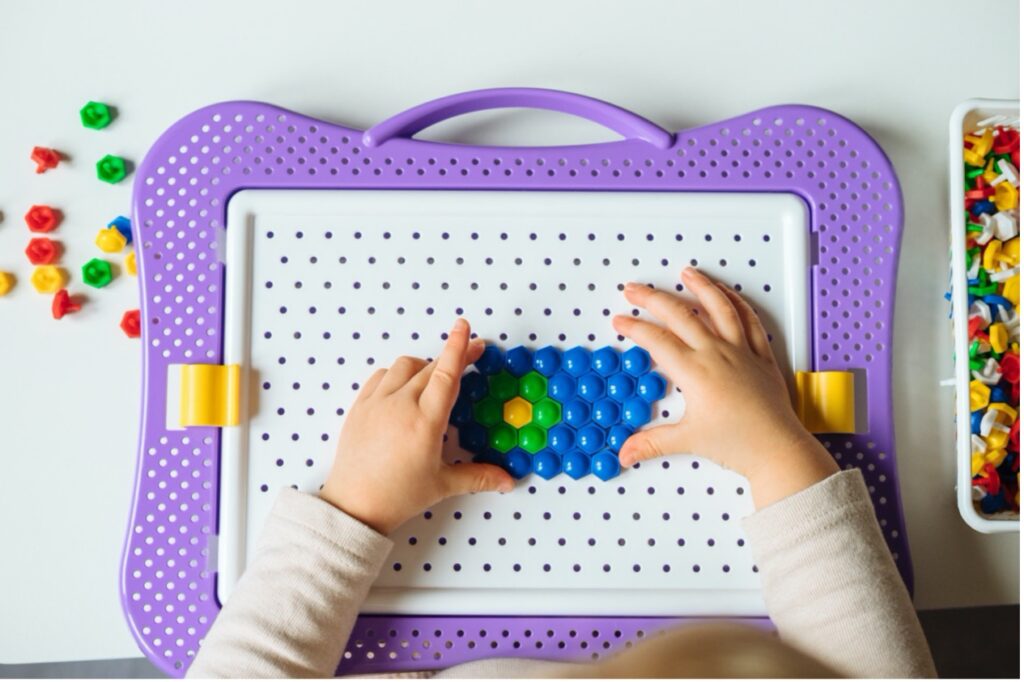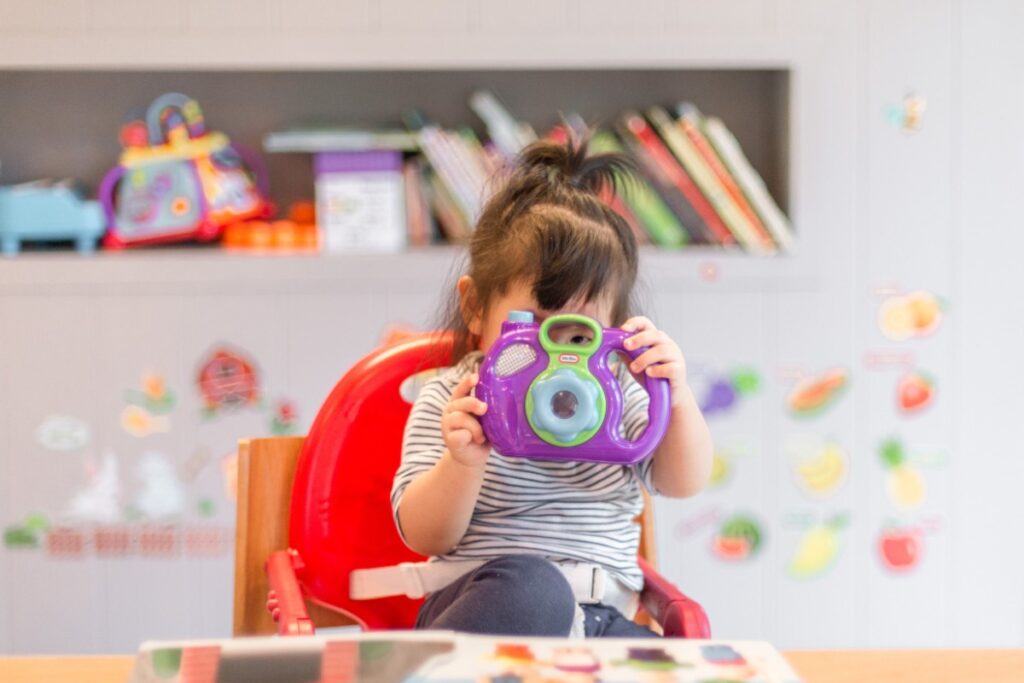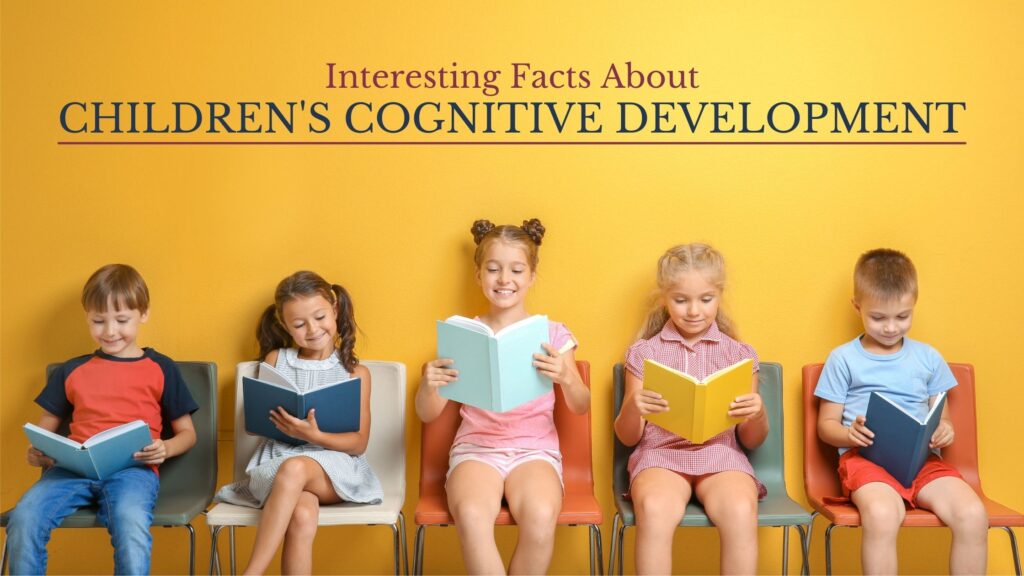From the moment they are born, children take in a large amount of information. With every new experience comes growth, and their perception and thought processes of their surroundings evolve. The early life of children is a crucial period of their development, and as a parent, you’d want to navigate it the best way possible!
To help out, here are some interesting facts about cognitive development in children.

Children are continuously learning, even as babies.
Children are always learning how the world works around them. Even as an infant, a baby is learning about their world through sensory experiences. Starting with listening, touching, sucking, and seeing, babies absorb as much information as they can within the limitations of their mental and physical capabilities. Furthermore, the stage of infancy builds the framework for their abilities to process language, so holding casual conversations with a baby is extremely important for their development later in life.
Playing peek-a-boo is beneficial for infants
We’ve all seen someone play peek-a-boo with an infant. While this seems like a simple and easy way to get some chuckles out of a baby, it’s actually very beneficial for their cognitive development. Playing peek-a-boo helps a child develop object permanence. Object permanence is the understanding that an object or event continues to exist even when it cannot be touched, heard, or seen. This concept develops between infants who are 6 months to a year old.
Kids learn a ton of new worlds at a very fast rate
On average, children learn about ten or more words daily. At one year, their vocabulary grows to a medium of 55 words but at two years, that vocabulary grows to roughly 225 words. Moreover, by six years, they will learn about 6000 words. The rate at which a child learns words correlated with their age is a steep curve, which highlights the intelligence of children.

Socializing influences learning
Along with the ability to process language, interactions and social engagements are a vital part of a child’s development. Schools are where children gain a lot of their social skills. Schools are set up to help develop social skills for children by having other children interact with one another. Prior to children attending schools, families and family friends are the main point of social interaction with children.
Pretend play is an important part of a child’s cognitive development
Pretend play or imaginative play is when a child plays pretend as if something or someone was real. Examples might be tea parties with stuffed animals, running a toy bakery, etc. By playing pretend, children are able to gain a deeper understanding of the mind by reflecting and regulating their own behaviors. This is even more effective when pretending is carried out with other children or adults. Set up those playdates, and don’t be afraid to play pretend with a child!
Practice makes perfect
This is an obvious phrase but the benefits of regular practice during a child’s developing years are worth mentioning. Most children get practice in certain areas during their time in school. To improve a child’s test scores or ability to learn, it requires the teacher’s and parents’ efforts to ensure the child is getting enough practice to achieve a particular goal.
With consistent practice, it creates a learning process that enables the child to improve their abilities and skills that they are taught in school – how to use words, grammar, the alphabet, etc.
We hope these interesting facts about cognitive development will help you navigate your child’s early years and development! To learn more, read our previous blog on The Early Childhood Development Stages.



